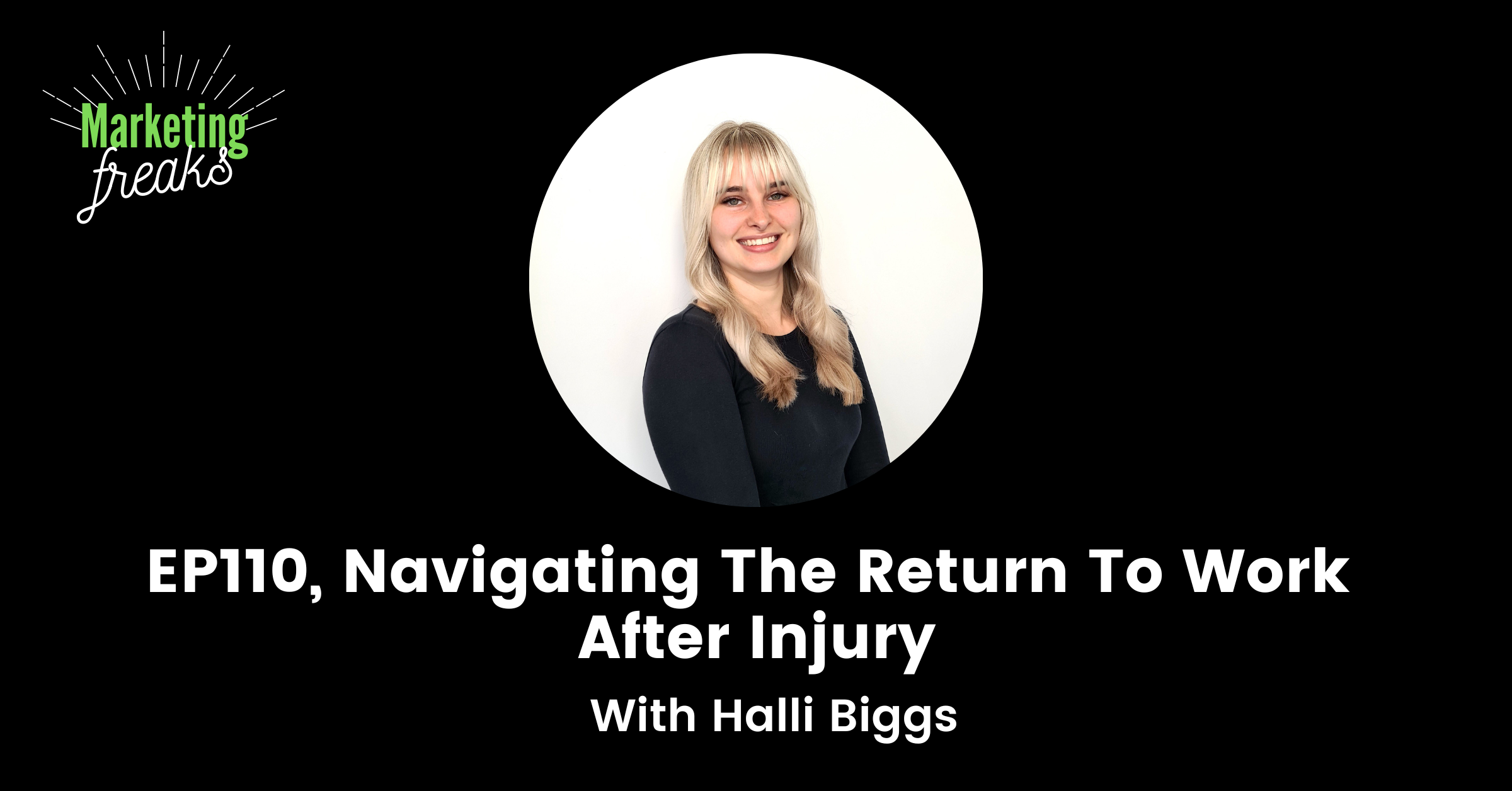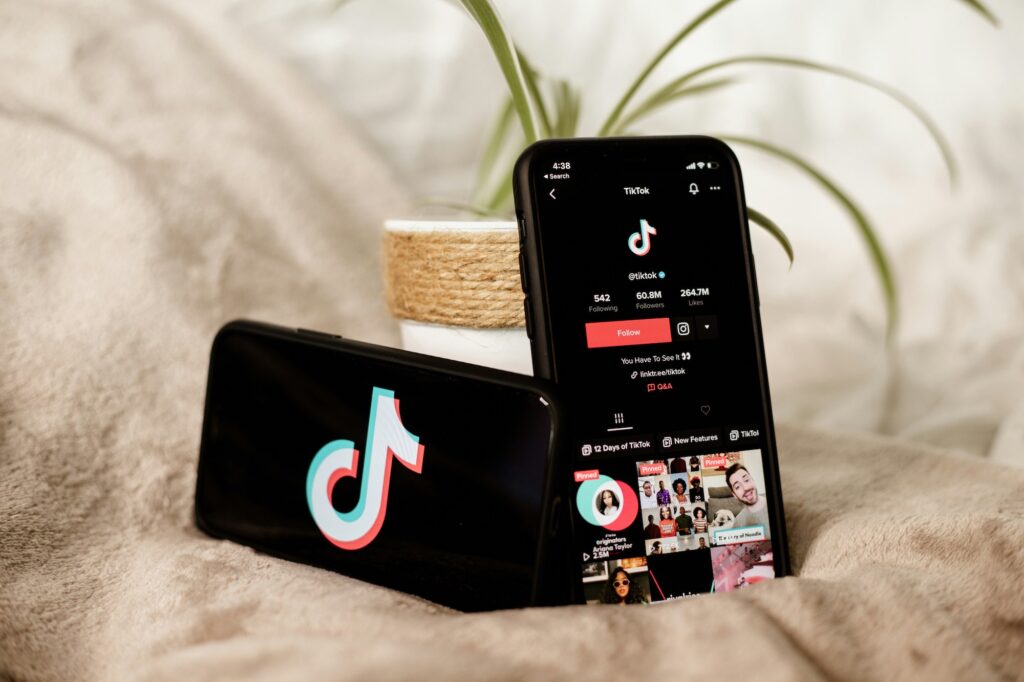Welcome back to the Marketing Freaks podcast! In this week’s episode we are discussing a slightly different topic… Jon is joined by our Senior Paid Media Executive Halli Biggs, who at the end of last year, experienced a potentially life changing injury.
In this episode, we’ll explore some of the concerns Halli was faced with, as well as the essential steps and strategies for successfully navigating the return to work after an injury, empowering you to regain your confidence and thrive in your professional and personal life once again.

Subscribe links:
Life can sometimes throw unexpected challenges our way, and one of the most challenging hurdles to overcome is an injury that disrupts our ability to work. Whether it’s a work-related incident or an unfortunate accident outside of the workplace, the road to recovery can be arduous.
So what did Halli find useful during her recovery period?
Maintaining open and honest communication with your employer is essential throughout the process of returning to work after an injury. Notify your supervisor or human resources department about your recovery progress and any anticipated timelines for returning. Discuss potential modifications to your work environment or tasks that may be necessary to accommodate your injury.
By initiating this dialogue, you set the stage for a collaborative approach that prioritises your well-being while addressing the needs of your employer.
For anyone that is currently suffering with an injury/illness that affects their ability to work, we hope that you find this episode useful.
Enjoy!



